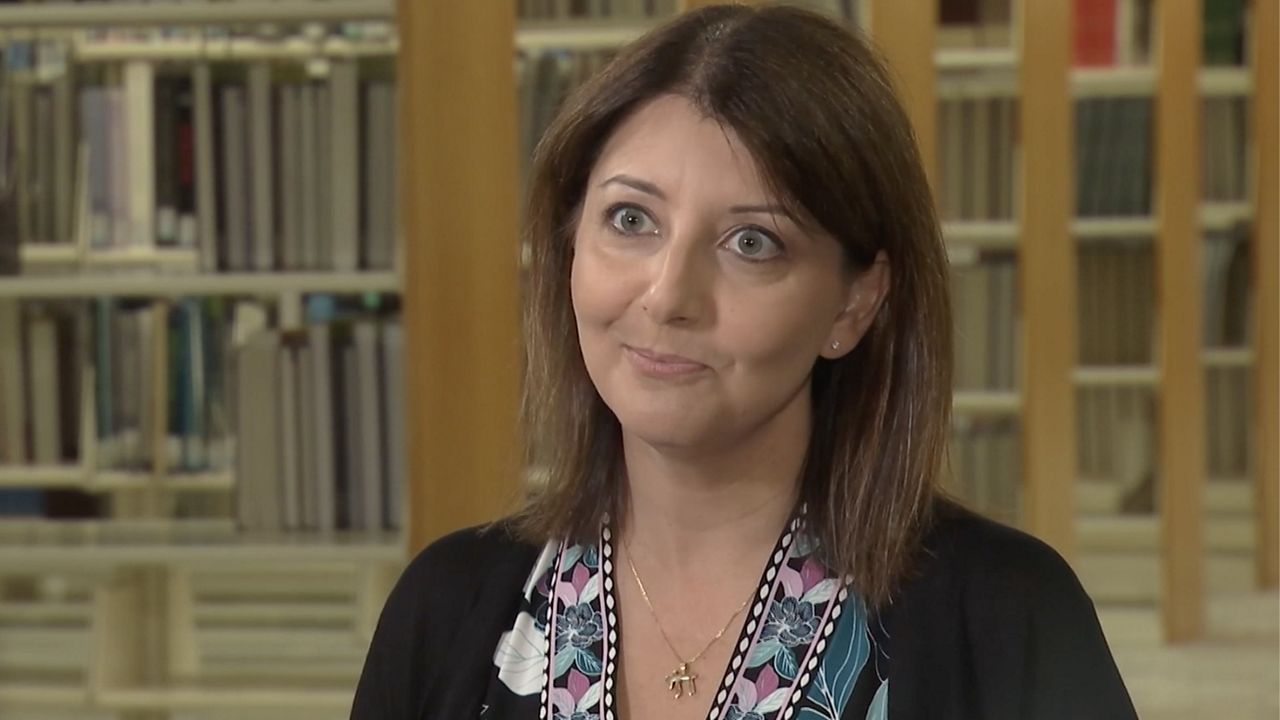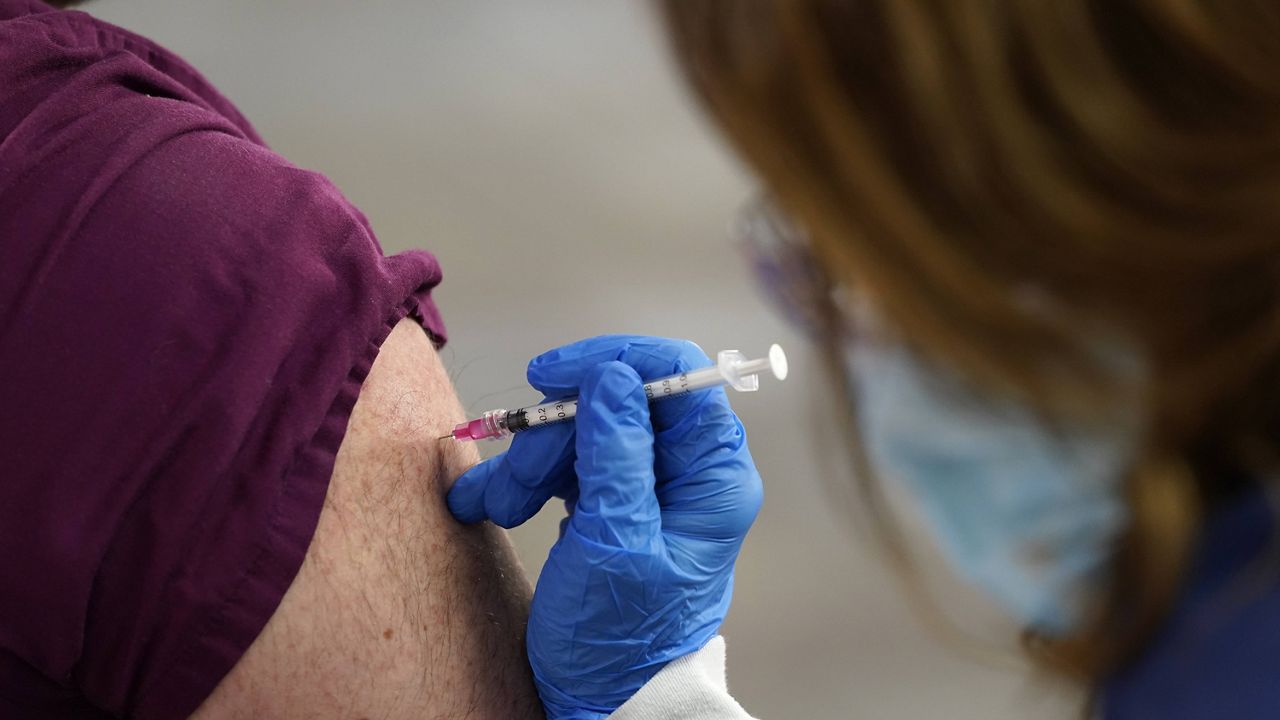NORTH CAROLINA — The state’s Department of Health and Human Services has extended its Community Health Worker program to connect North Carolinians in vulnerable communities with medical and social support.
Curamericas Global, which has more than 200 community health workers in 26 counties across the state, is helping to lead the initiative.
The nonprofit is working with 19 different partner organizations, including CAARE (Community, Action, Advocacy, Restoration, and Empowerment) in Durham.
CAARE offers practical, social, financial, psychological, and emotional support to individuals and families.
Curamericas worked with CAARE to train some community health workers, like Ida Davis.
Davis started volunteering at CAARE in 2009, and now is a part of the staff.
"I think it's very special, very important because as you know seniors, and I'm a senior myself, we like to communicate with others," Davis says.
She uses CAARE's food distribution event every Thursday to talk to people about what's going on in their lives and to also give them information on the COVID-19 vaccine if they want it.
Curamericas Executive Director, Andrew Herrera says community health workers can break through barriers other health workers cannot, because they are already part of their communities and make people comfortable.
"Communities can trust their neighbor who they've worked with, they've been to school with, their kids go to school together. There's a relationship there," Herrera says.
By hiring community health workers, Curamericas has given jobs to more than 200 people, making at least $20 an hour.
So far, Curamericas has reached more than 80,000 people in North Carolina with education, PPE, and COVID-19-related needs.


